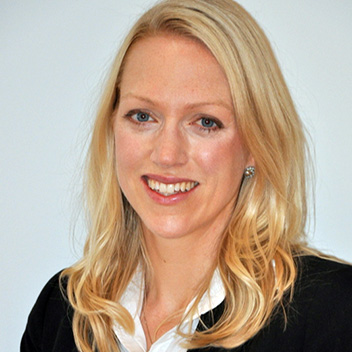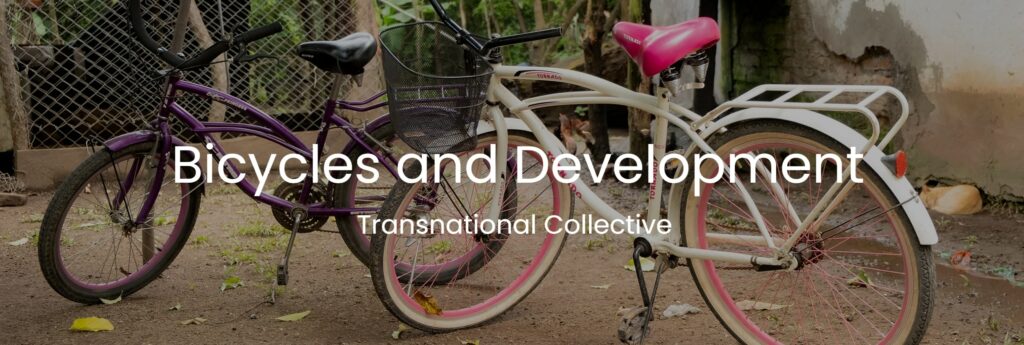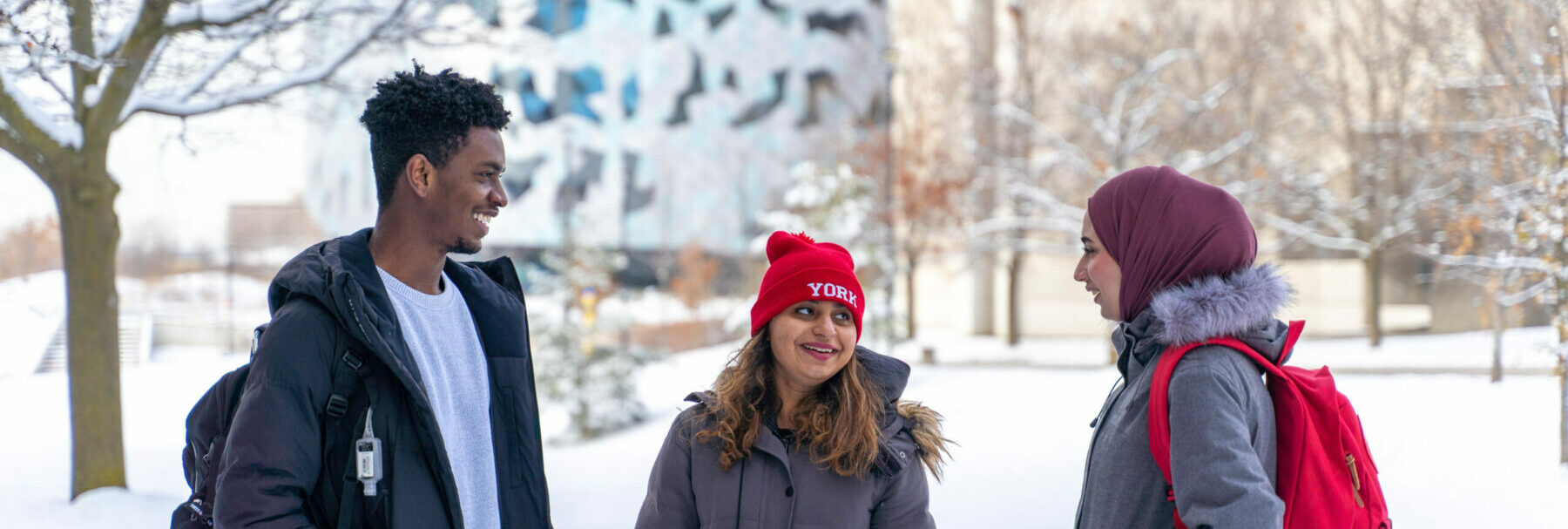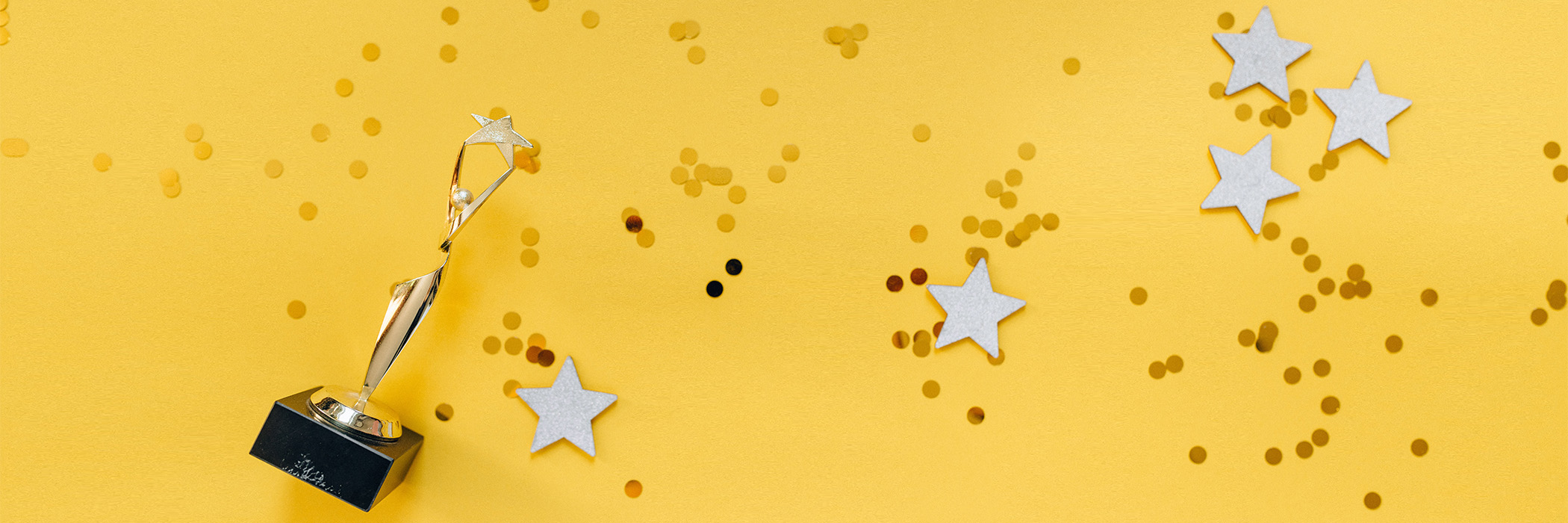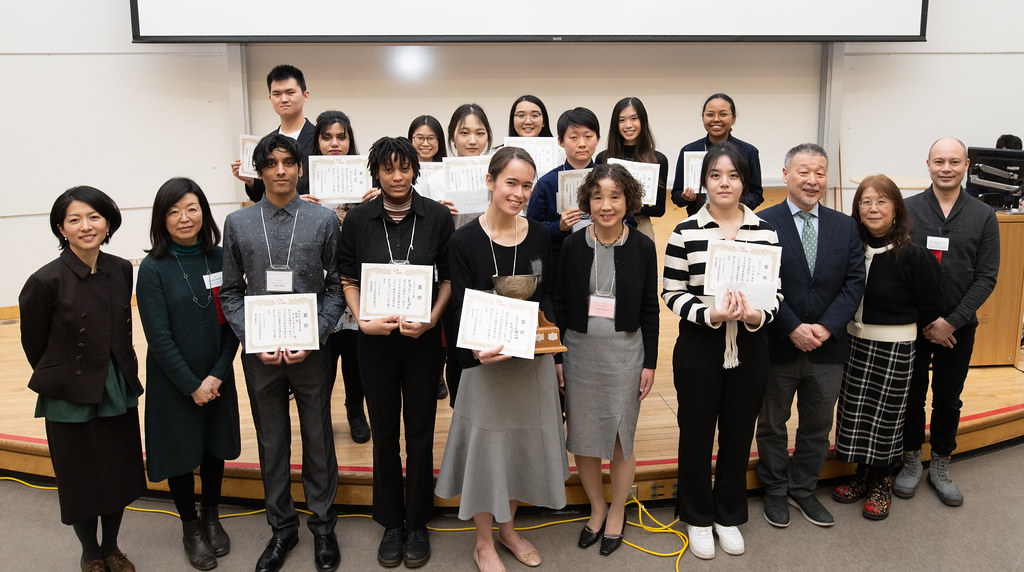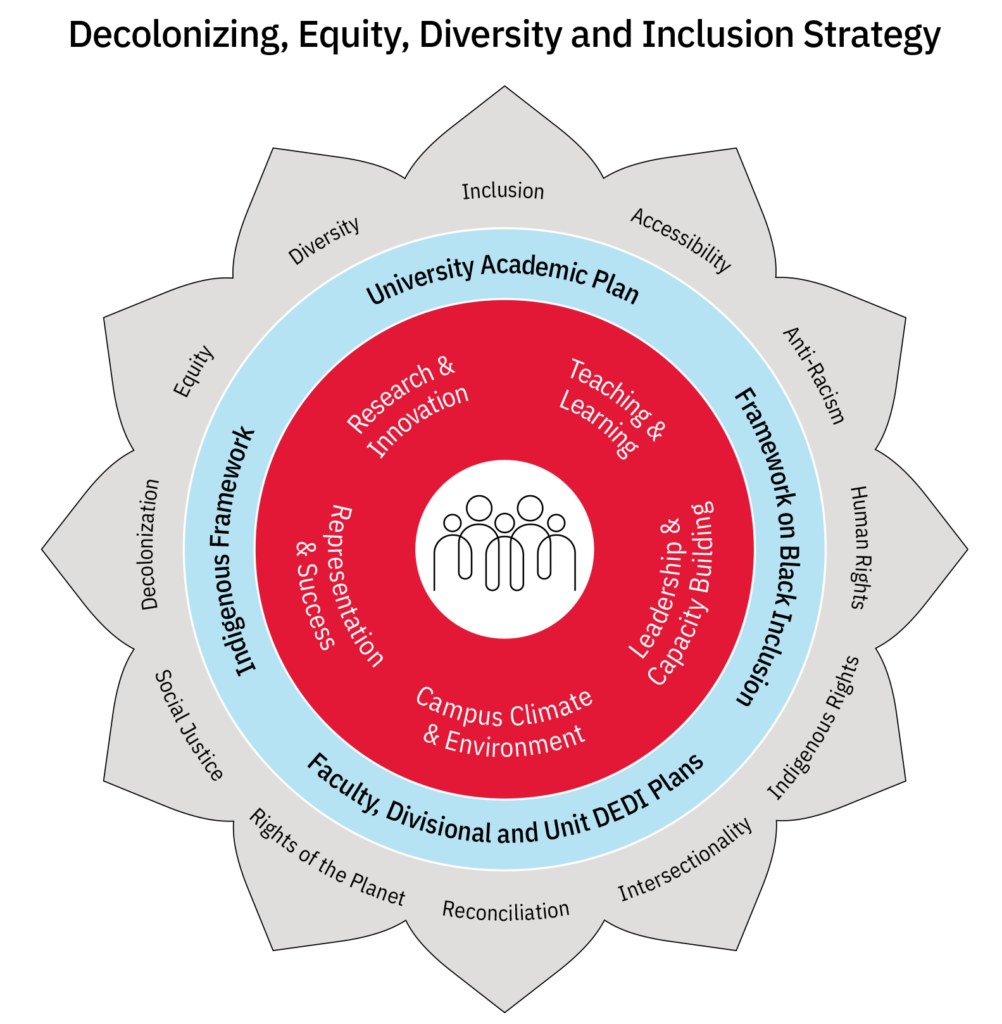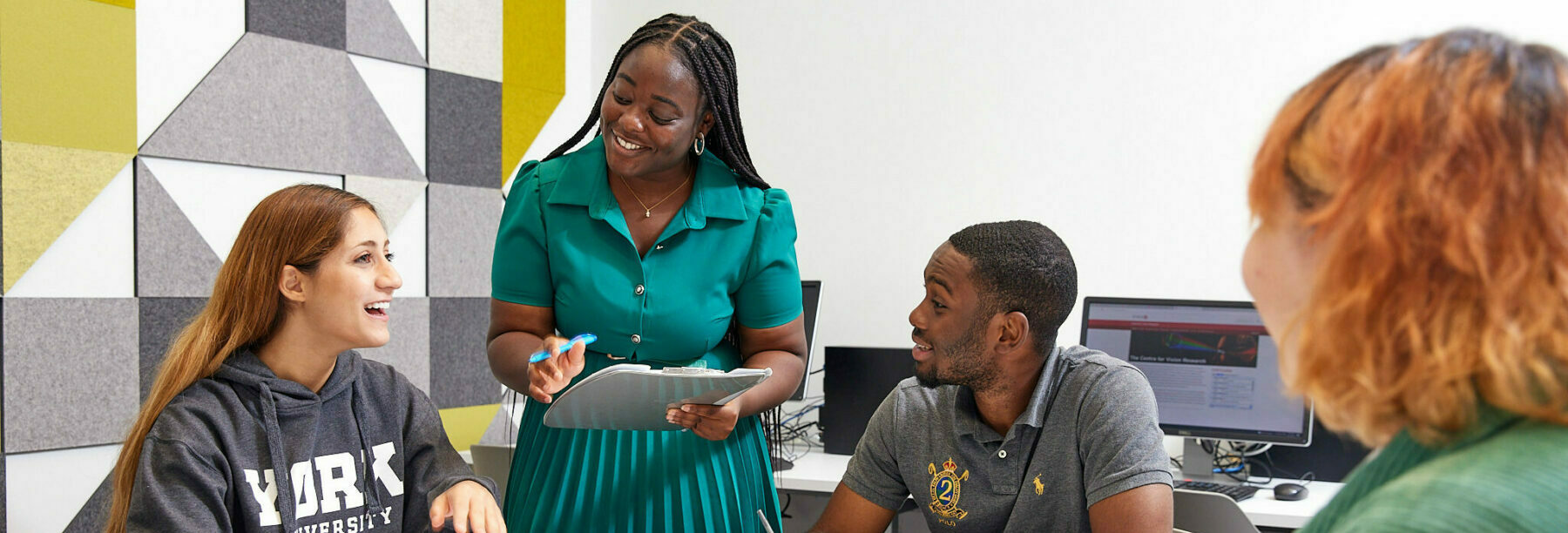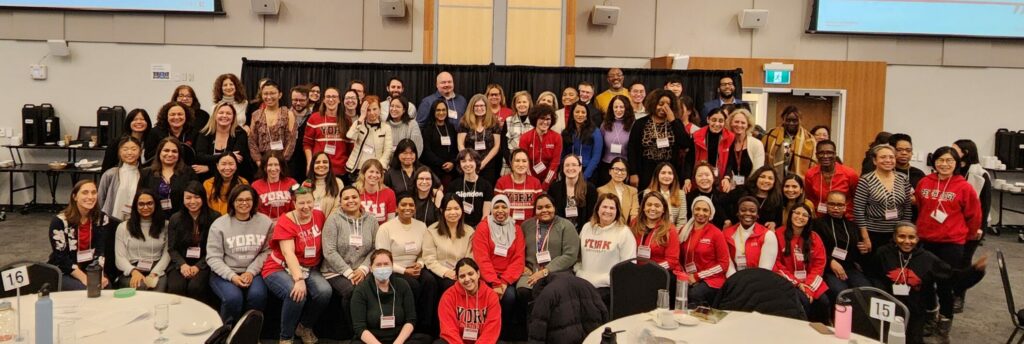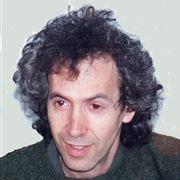York University has led the first study to take a comprehensive look at the connection between shift work and frailty among middle-aged and older workers in Canada, and their findings point to negative health outcomes – especially for women on rotating shifts.
The study, which will be published in the May edition of the Journal of Occupational and Environmental Medicine, found that shift work was associated with frailty compared to those who worked only daytime.
While there is a large body of research suggesting the disruptions to circadian rhythms that shift workers experience are linked to various illnesses, this study was the first to take a “holistic” look at how shift work relates to frailty.
“We cannot ignore the negative health outcomes related to shift work, including cardiovascular diseases, diabetes, stroke and certain cancers,” says York Faculty of Health PhD student Durdana Khan, a trainee with the York Centre for Aging and Research and Education. “Our study is the first to investigate the relationship between shift work and frailty for middle-aged and older adults.”
For the study, Khan, along with York Professors Heather Edgell, Hala Tamim and Michael Rotondi, and immunologist and epidemiologist Chris Verschoor of the Health Sciences North Research Institute, looked at 48,000 participants across Canada from the Canadian Longitudinal Study on Aging and followed up at three years to measure for frailty.
Frailty is defined as someone’s likelihood towards disease and death. The researchers used an index that looks at 52 factors that can likely lower lifespan, including depression, osteoarthritis, history of heart attacks and mobility issues. Mildly frail people are considered those that have at least five factors. Having at least 11 factors would put people in the “very frail” category.
The study found one in five adult Canadians were involved in shift work, defined as work that falls outside of a 9 a.m.-to-5 p.m. schedule. People who had a history of shift work had a higher likelihood of frailty compared to people who only worked daytime hours. More than one in four were found to be mildly frail, and seven per cent were very frail. Women whose longest job consisted of rotating shift work were especially likely to be considered frail, with more than 31 per cent falling in the mildly frail category and nearly 11 per cent classified as very frail.
Circadian rhythms are moderated by sunlight exposure. When sunlight hits the eyes, signals are sent to the pineal gland in the brain, triggering certain hormones and responses that regulate alertness, mood and appetite; a lack of light sets off other responses. In shift workers, this process is dysregulated, and research suggests this disruption can contribute to a host of health issues.
“Although these findings are preliminary, they suggest that circadian disruption may play an important role in frailty, and this warrants further investigation,” says Khan.
This latest study builds on Khan and Edgell’s earlier research that suggests that shift work may be linked to delayed menopause.
“The circadian rhythm influences your brain’s ability to control your hormones, which can influence your menopause,” explains Edgell. “So, there are a lot of physiological changes that can occur because of shift work.”
While women were more likely to be frail, health research overall shows women to be more resilient to succumbing to disease than men, so this study does not necessarily suggest higher mortality. Still, it does point to sex-based differences that would be important to consider as more women do work outside a 9 a.m.-to-5 p.m. schedule, says Khan, who adds that keeping on top of exercise and nutrition can combat some of the negative effects.
“We can’t make shift work go away, but we can reverse frailty to a degree,” she concludes.
Learn more at News @ York.






